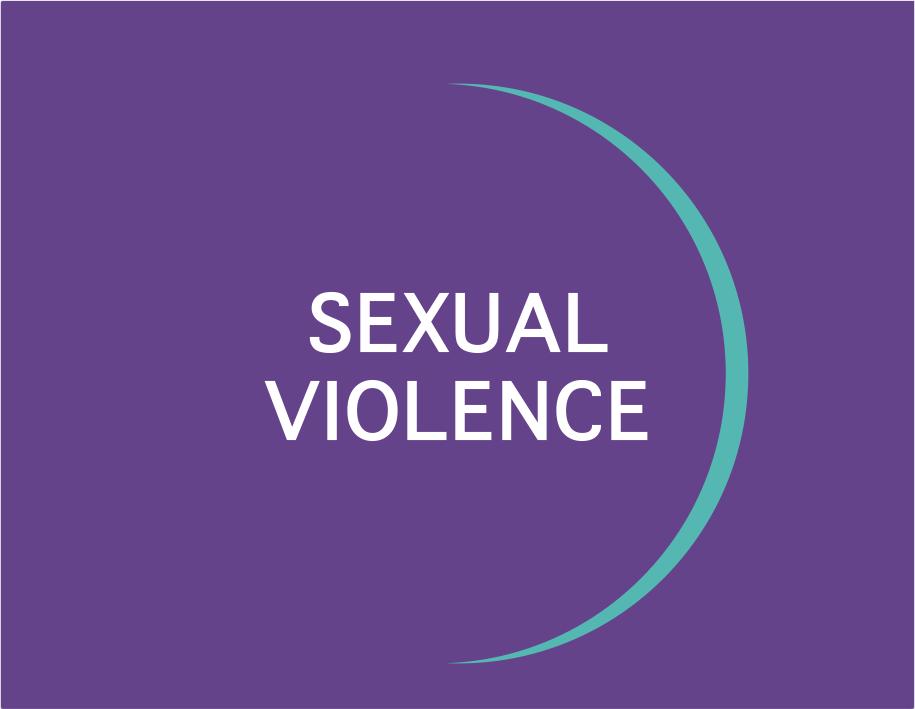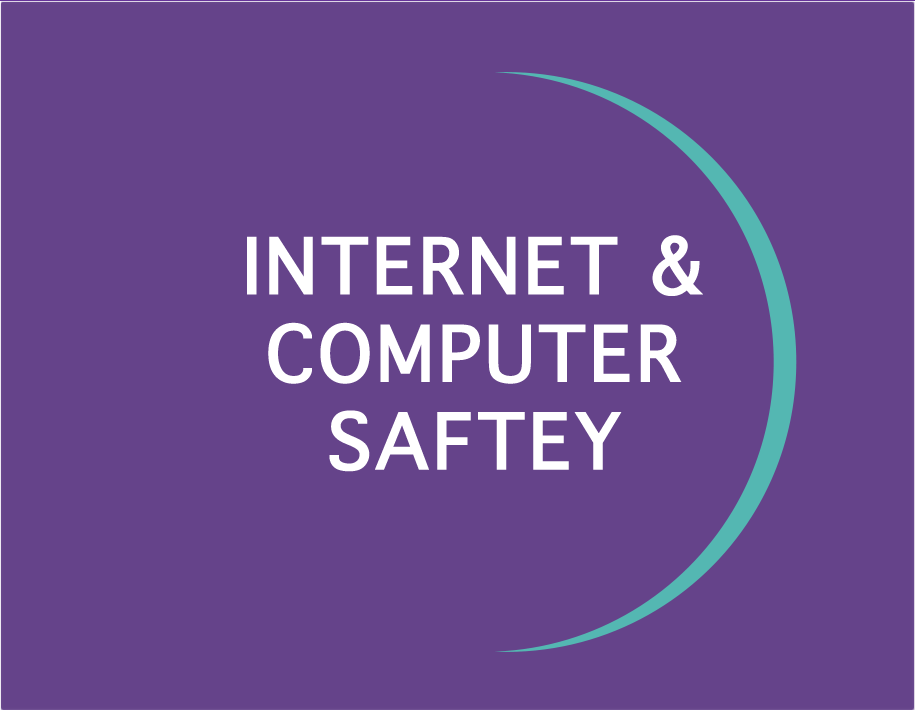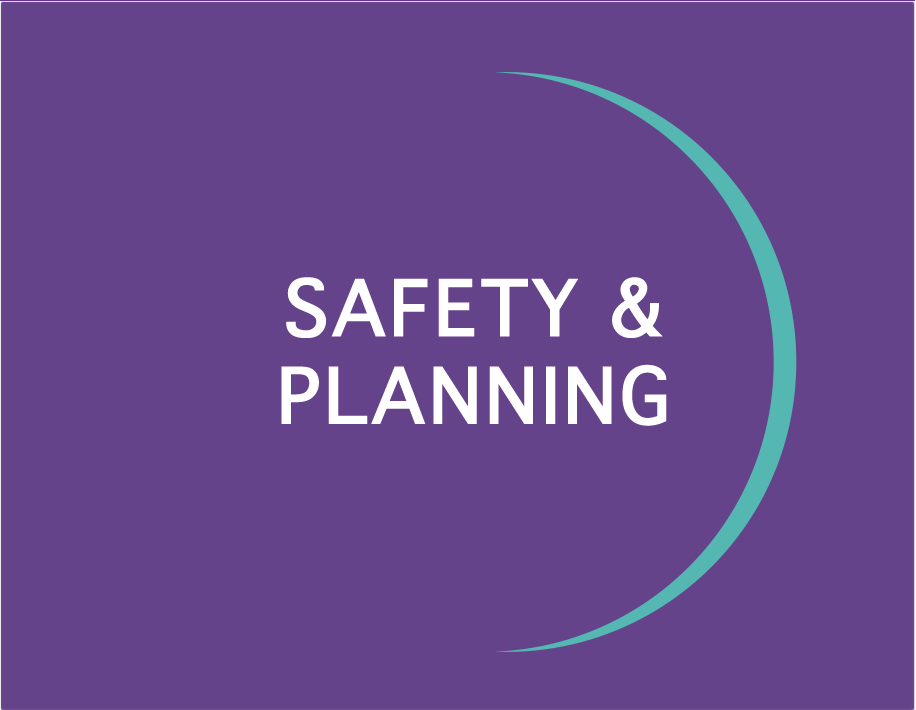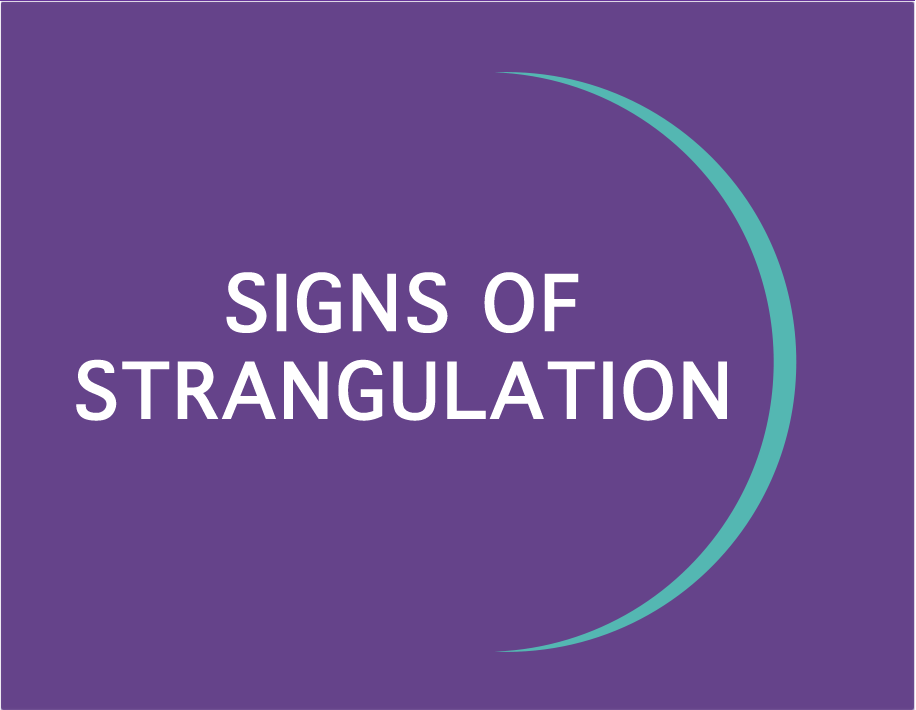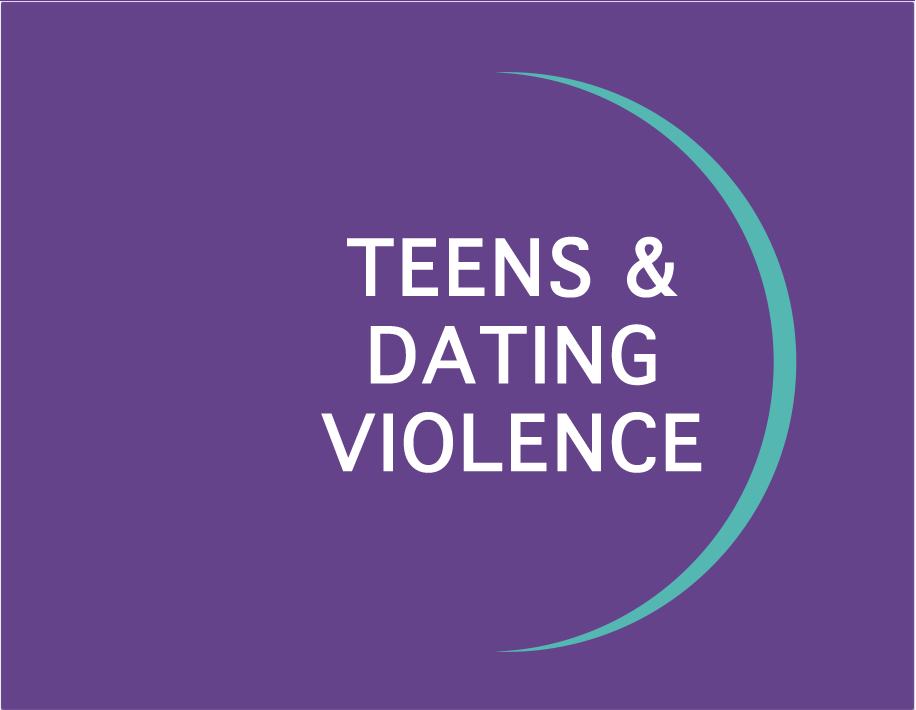Domestic Violence
At 180, we have served individuals and families who have been affected by domestic violence since 1976. Our caring staff provides immediate and long term support in assisting clients with the trauma they have experienced, while supporting them in obtaining services and making decisions that will turn their lives around.
What Is Domestic Violence?
A pattern of abusive behavior used to establish or maintain power and control over a person. Under the law, domestic violence includes physical, emotional, mental, and sexual abuse, and is considered to be any crime involving risk of death or serious bodily injury to a person protected under the “Prevention of Domestic Violence Act,” and:
- Assault
- Burglary
- Contempt of a Domestic Order
- Cyber Harassment
- Criminal: Coercion, Mischief*, Restraint, Sexual Conduct or Trespassing
- False Imprisonment
- Harassment**
- Homicide
- Kidnapping
- Lewdness
- Robbery
- Sexual Assault
- Stalking
- Terroristic Threats***
* Criminal Mischief: Damaging, Breaking, or Destroying Personal Property. Purposely or Recklessly Causing Damage to Property to Endanger Another Person.
** Harassment: Shoving, Pushing, or Other Offensive Touching. Name-Calling and/or Language Used to Alarm, Offend, or Annoy. Purposely Intimidating Behavior to Instill Fear or Alarm.
*** Terroristic Threats: Threatening Physical Violence or Death to Cause Fear and/or Dictating the Victim’s Behavior.
If you are in immediate danger, contact 911.
If you go to police headquarters due to an incident of domestic violence or to the hospital for a strangulation/smothering evaluation, a confidential 180 Domestic Violence Response Team victim advocate can be there for you to provide support, safety planning, and resources.
Who commits domestic violence?
Domestic violence is also referred to as intimate partner violence, dating abuse, or relationship abuse and it is a pattern of behaviors used by one partner to maintain power and control over another partner in an intimate relationship. Those who commit domestic violence are people known and trusted by the victim, including acquaintances, a current or former spouse, co-parent, dating partner, parent, sibling, or present or former household member, can commit these forms of abuse.
Who experiences domestic violence?
Victims can be of any gender, age, race, ethnicity, socioeconomic status, or sexual orientation.
What are the signs of domestic violence?
- Financial: Controlling all income and expenses, preventing a partner from working, forcing a partner to turn over their paychecks to the abuser, restricting access to financial accounts, limiting access to cash or credit cards, or ruining a partner’s credit.
- Physical: Hitting, slapping, pushing, biting, punching, kicking, restraining, choking, smothering, or strangulation. Strangulation is one of the most lethal forms of domestic violence: unconsciousness may occur within seconds and death within minutes.
- Psychological: Intimidating a person with threatening looks and behavior, stalking, monitoring by using technology, using spyware and location tracking devices, monitoring technology, posting false information about someone on social media, isolating a person from friends and family, or attacking self-esteem by blaming, manipulating, criticizing, and humiliating.
- Sexual: Manipulating or forcing a person to do something sexual or any coerced, non-consensual, or unwanted sexual behavior.
- Verbal: Cursing or swearing, yelling, name-calling, criticizing thoughts or feelings, and put-downs.

What should I do if I believe I’m a survivor of domestic violence?
- If you are in immediate danger, call 911.
As a survivor, it’s essential that you know that you are not to blame for your experience of abuse. Our team of experienced counselors and caring team members are here to provide you with safe, free, and confidential services & support so that you can find your way to a life free from abuse.
- If you are currently in an abusive relationship and need support developing a Safety Plan or guidance in the dangerous act of leaving your relationship, call our experienced staff on our free Domestic Violence Hotline at 1 (888) 843-9262.
- If you are experiencing domestic violence, please consider memorizing or safely saving the phone number for the Hotline and/or a local Emergency Shelter.
- Monmouth County Domestic Violence Hotline: 1 (888) 843-9262
- The National Domestic Violence Hotline: 1 (800) 799-7233
How can 180 help?
Our caring staff has been providing survivors of domestic violence and their families with immediate and long-term support in obtaining services, making decisions, and processing their traumatic experiences since 1976. Our comprehensive support services are free and confidential, including 24/7 hotlines, counseling, legal advocacy, emergency safe house, and art, play, drama & music therapy for children.
For detailed descriptions of our services and information on how to get started, please visit our Programs & Services.
Monmouth County’s Strangulation/Smothering Evaluation Team (SSET)
Strangulation is one of the most lethal forms of domestic and sexual violence: unconsciousness may occur within seconds and death within minutes. Survivors may also suffer life-threatening medical emergencies hours, days, or weeks later.If someone has been choked or strangled, call the police or go to the nearest hospital Emergency Room for assistance.
The Monmouth County SSET includes Forensic Nurses, Domestic Violence Response Advocates, and specially trained Law Enforcement Officers and offers 24/7 assistance to victims, including information, safety planning, and medical evaluations, as needed.
For more information, call (732) 264-4111.
How can I help a friend or family member in an abusive relationship?
- Talk About It – Just knowing that someone cares enough to ask about the abuse can break through the wall of isolation often felt by victims of relationship abuse.
- Listen without judgement. Survivors of abuse often believe all of the criticisms and negative messages their abuser says about them. They may feel responsible for their experience of violence and ashamed or afraid of your judgement.
- Tell them that “it isn’t your fault.” There is no excuse for physical or emotional abuse. Alcohol, drugs, jealousy, financial difficulties, stress, or any of the survivor’s actions are not the cause of their experience of abuse.
- Explain that abuse often gets worse. Domestic violence recurs and escalates over time. It rarely stops without an intervention.

- Provide them with resources and information.
- If they live in Monmouth County, New Jersey, provide them with 180’s 24/7 free and confidential Domestic Violence Hotline number, 1 (888) 843-9262.
- For other areas, The National Domestic Violence Hotline can provide information about domestic violence shelters and programs near you at 1 (800) 799-7233.
- Realize that Ending a Relationship Is a Process. Being patient and supportive is the best thing that you can do for your friend or family member.
Additional Resources For Domestic Violence
National Coalition Against Domestic Violence
It is the mission of NCADV to work for major societal changes necessary to eliminate both personal and societal violence against all women and children. NCADV’s work includes coalition building at the local, state, regional and national levels; support for the provision of community-based, non-violent alternatives; public education and technical assistance; policy development and innovative legislation; and efforts to eradicate social conditions which contribute to violence against women and children.
New Jersey Coalition Against Sexual Assault, www.njcasa.org
One Love Foundation, www.onelove.org
New Jersey Coalition to End Domestic Violence, www.njcedv.org
Love is Respect, www.loveisrespect.org
National Domestic Violence Hotline,www.ncadv.org



